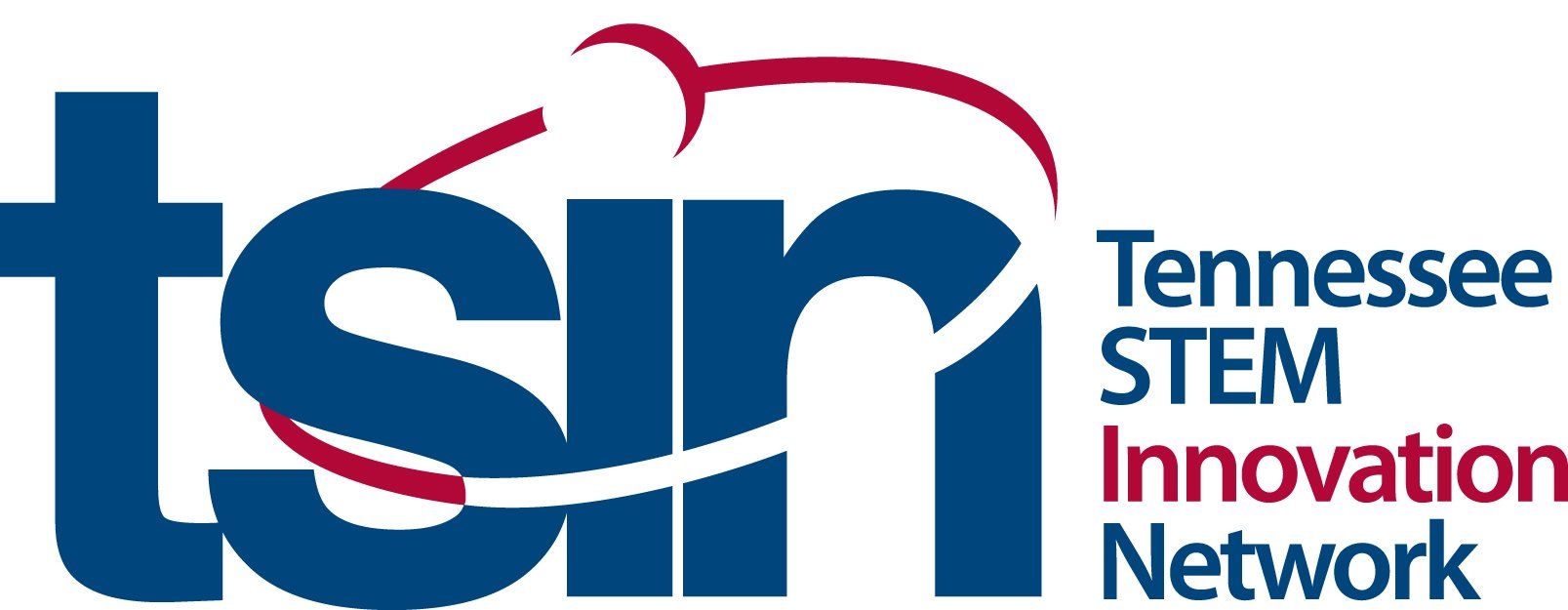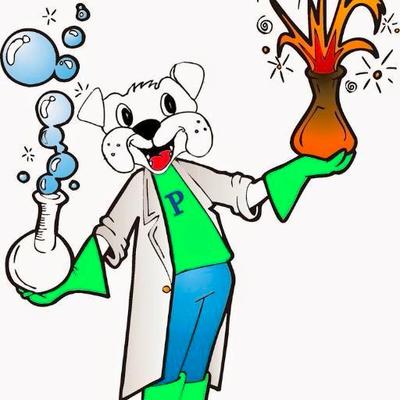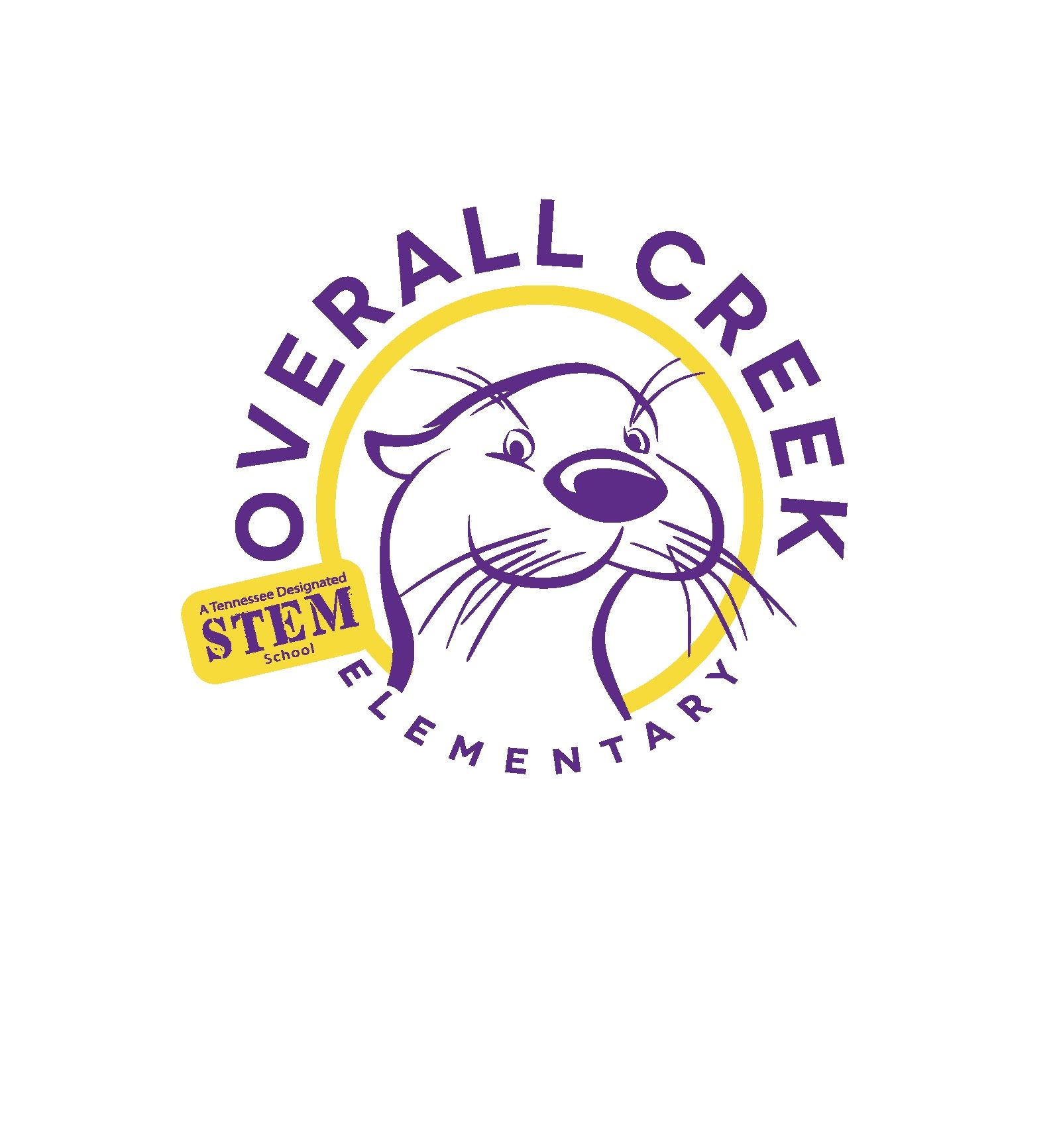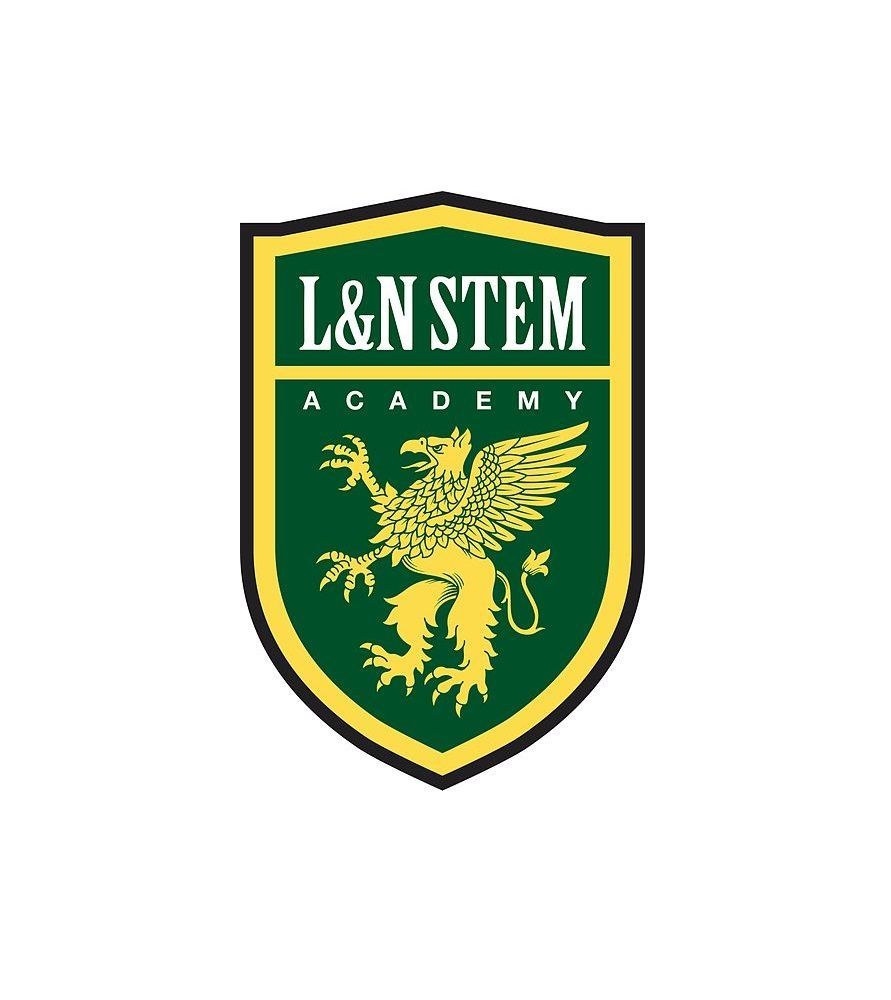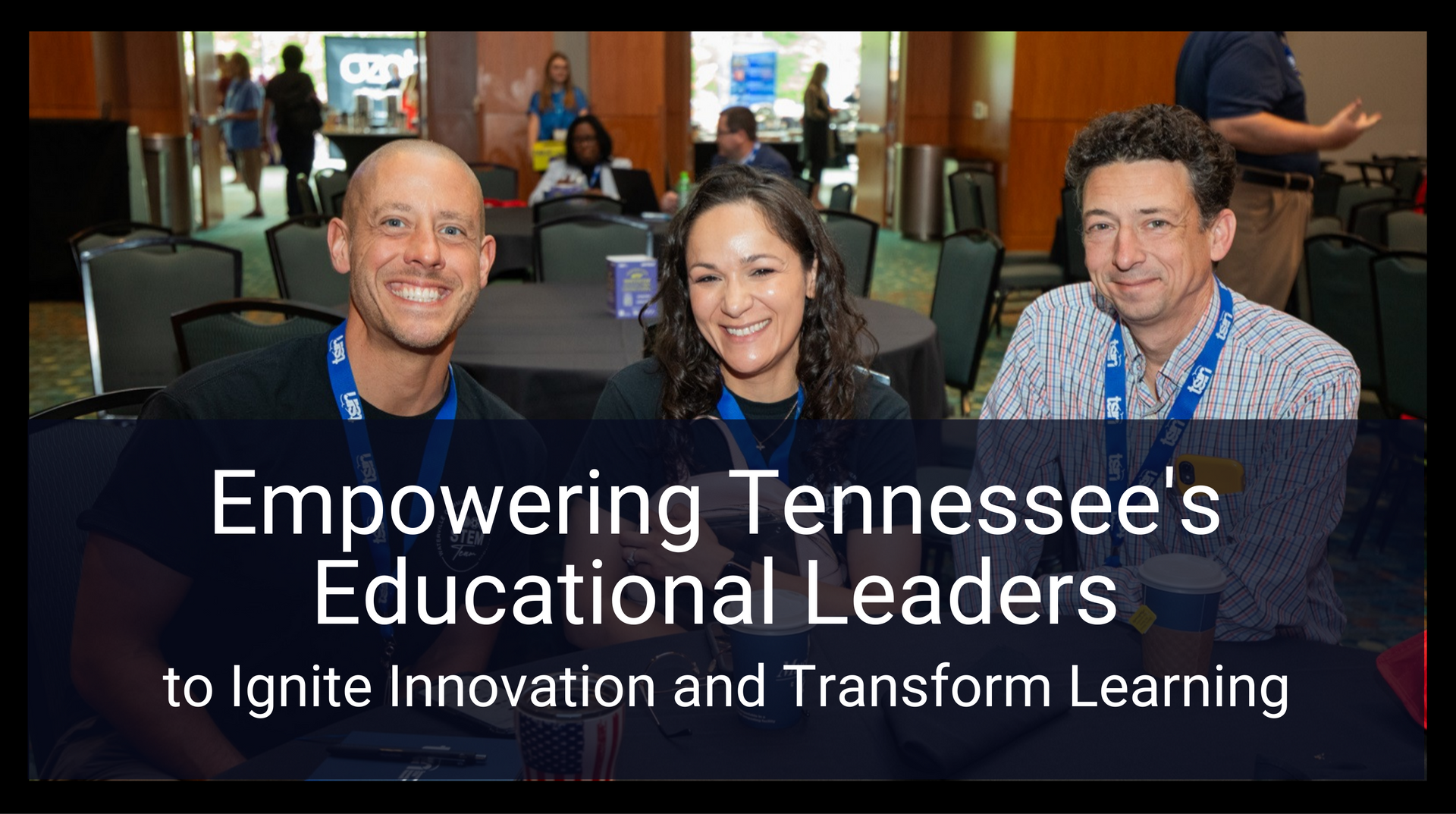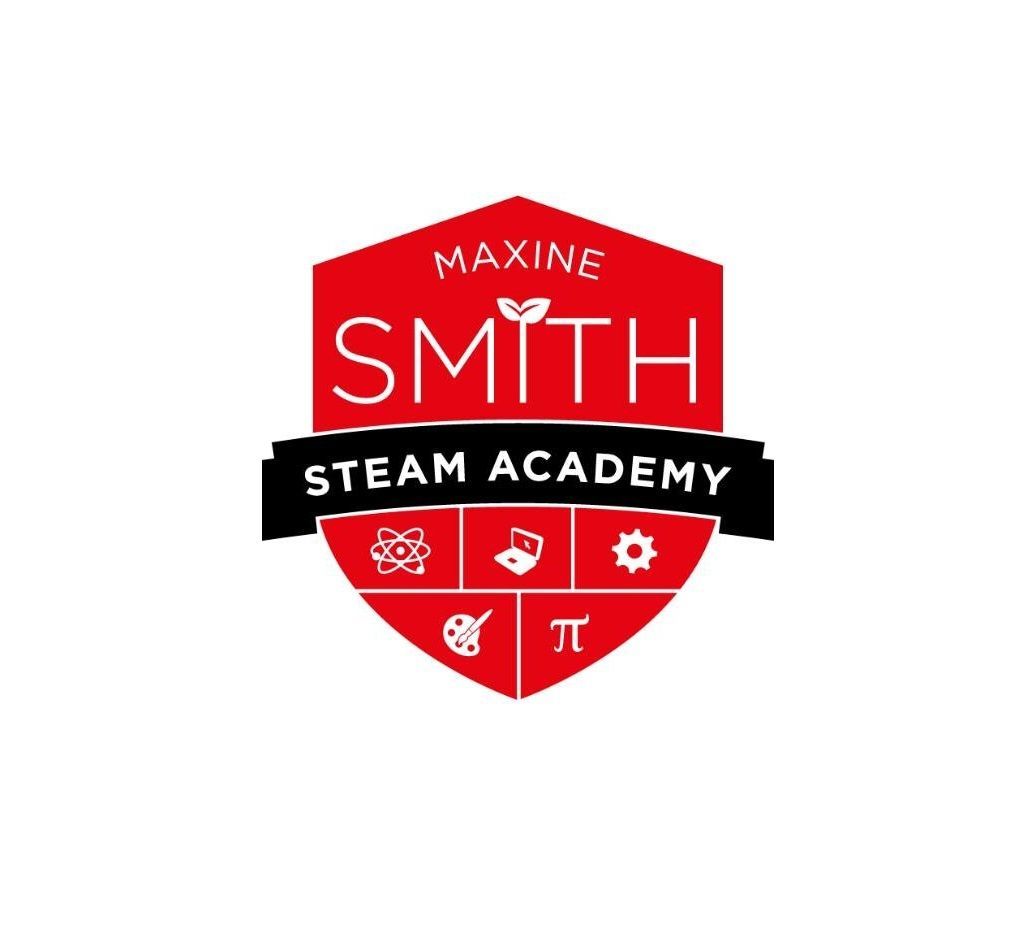CTE + STEM Integration
A Statewide Strategy for Workforce Development
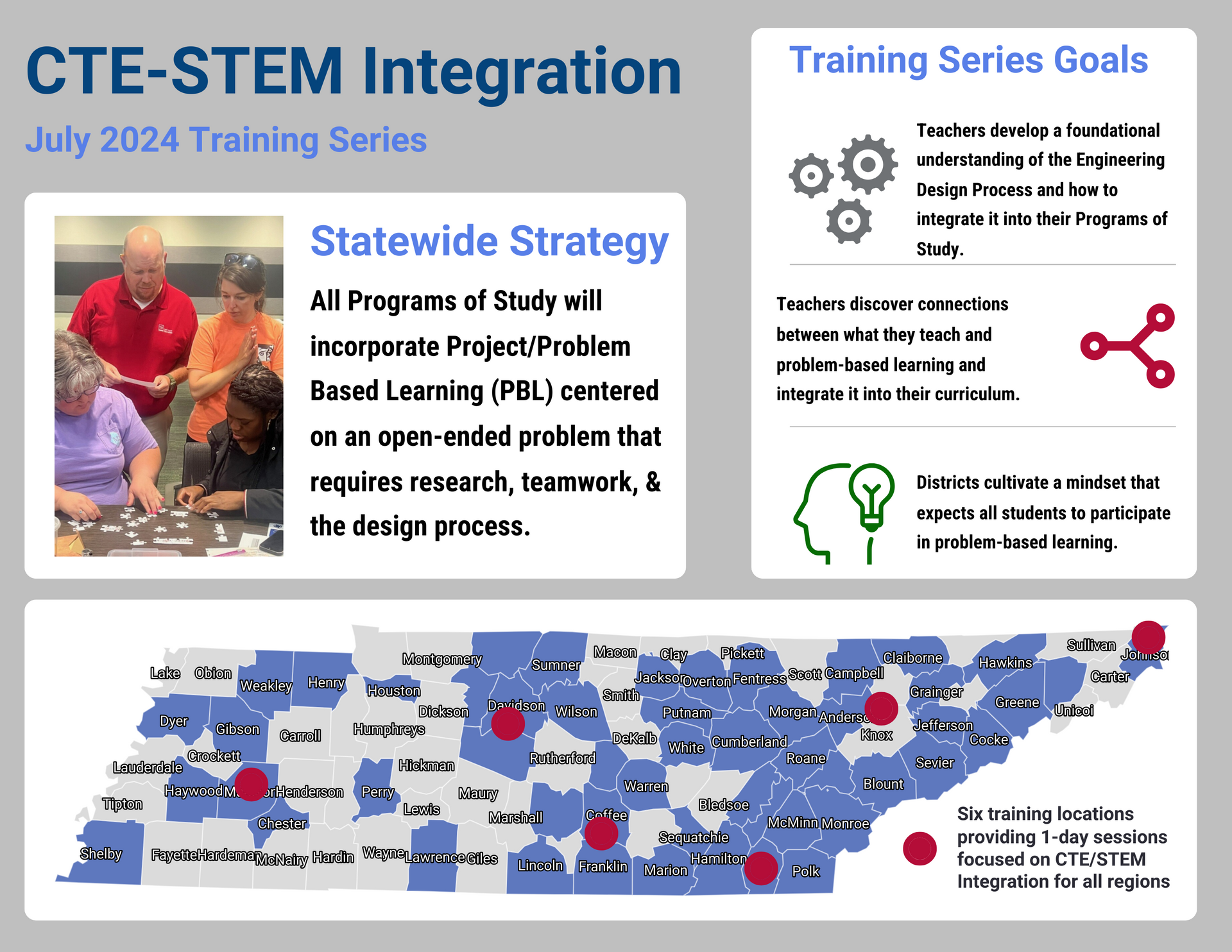
In an ever-evolving job market, integrating Career and Technical Education (CTE) with Science, Technology, Engineering, and Mathematics (STEM) has become a vital strategy for ensuring our students are prepared for the future. The Tennessee STEM Innovation Network (TSIN) and the Tennessee Department of Education (TDOE) have partnered to drive this integration, emphasizing the importance of Project-Based Learning (PBL) in all programs of study.
PBL: A Cornerstone for CTE and STEM Integration
At the heart of this initiative is the belief that all programs of study can benefit from PBL, where students tackle open-ended problems requiring research, teamwork, and the design process. This approach not only enhances students' understanding of their subjects but also equips them with critical skills needed in the workforce. According to a study by the Buck Institute for Education (BIE), 92% of teachers observed improved student collaboration skills through PBL, and 81% noted increased critical thinking skills (Buck Institute for Education, 2021).
To support this integration, TSIN and TDOE organized training sessions across six locations statewide. These sessions saw participation from 52 counties and 68 school districts, bringing together 83 educators, including CTSO directors, Regional Core Directors, Program Managers, CTE Directors, and CTE teachers.
Key Objectives of the Training
1. Foundational Understanding of PBL: Teachers were introduced to the principles of Problem/Project-Based Learning demonstrating how to create connections with their programs of study and other content areas.
2. Discovering Connections Between CTE and PBL: Participants explored the natural alignment between CTE programs and PBL. By linking hands-on, practical learning with structured problem-solving, teachers can create more engaging and effective learning experiences.
3. Cultivating a PBL Mindset: Emphasizing that all CTE students are expected to engage in PBL, the training fostered a mindset shift among educators. This approach ensures that students are not only absorbing information but are also applying their knowledge in real-world contexts.
Workforce Development and Competency Building
Integrating CTE and STEM through PBL is more than an educational strategy—it's a workforce development initiative. By engaging in PBL, students develop key competencies such as critical thinking, collaboration, and problem-solving. These skills are invaluable in today’s job market, making students more competitive and better prepared for their future careers.
Recent data from the Harvard Business Review shows that 72% of employers prioritize skills developed through PBL, such as adaptability and teamwork, over traditional academic knowledge (Harvard Business Review, 2022). Moreover, a 2023 study by the American Institutes for Research found that students who engaged in PBL instruction reported a 30% increase in job readiness skills, including leadership and interpersonal communication (American Institutes for Research, 2023).
The Road Ahead
As we continue to push for CTE and STEM integration, the partnership between TSIN and TDOE remains crucial. The success of the training sessions is a testament to the dedication of our educators and the potential of our students. By fostering environments where PBL is the norm, we are preparing the next generation of innovators, problem solvers, and leaders.
What other strategies can we implement to further enhance the integration of CTE and STEM in our schools? How can we ensure that every student benefits from these innovative learning approaches? We invite educators, industry partners, and community members to join us in this important conversation.
References:
American Institutes for Research. (2023). PBL and job readiness: An updated analysis. Retrieved from https://www.air.org/pbl-job-readiness-analysis](https://www.air.org/pbl-job-readiness-analysis
Buck Institute for Education. (2021). PBL works: Research summary. Retrieved from https://www.pblworks.org/resources/pbl-research-summary](https://www.pblworks.org/resources/pbl-research-summary
Harvard Business Review. (2022). Skills gap: The importance of adaptability and teamwork in the workplace. Retrieved from https://hbr.org/skills-gap-adaptability-teamwork](https://hbr.org/skills-gap-adaptability-teamwork
